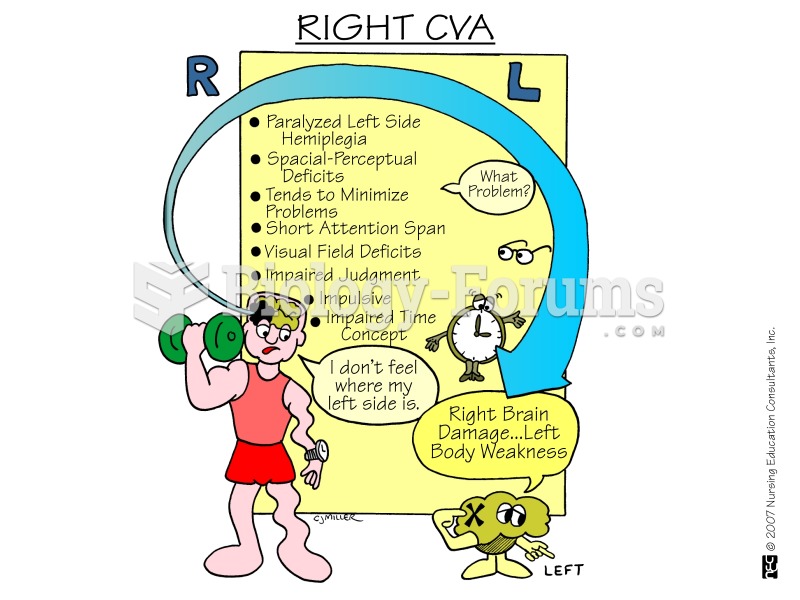|
|
|
The strongest synthetic topical retinoid drug available, tazarotene, is used to treat sun-damaged skin, acne, and psoriasis.
Fungal nail infections account for up to 30% of all skin infections. They affect 5% of the general population—mostly people over the age of 70.
Coca-Cola originally used coca leaves and caffeine from the African kola nut. It was advertised as a therapeutic agent and "pickerupper." Eventually, its formulation was changed, and the coca leaves were removed because of the effects of regulation on cocaine-related products.
Multiple experimental evidences have confirmed that at the molecular level, cancer is caused by lesions in cellular DNA.
A serious new warning has been established for pregnant women against taking ACE inhibitors during pregnancy. In the study, the risk of major birth defects in children whose mothers took ACE inhibitors during the first trimester was nearly three times higher than in children whose mothers didn't take ACE inhibitors. Physicians can prescribe alternative medications for pregnant women who have symptoms of high blood pressure.
 This photograph of a Union soldier just freed from Andersonville prison, stunned and enraged norther
This photograph of a Union soldier just freed from Andersonville prison, stunned and enraged norther
 Common skin signs are often evidence of an illness or disorder. A papule is a solid, circumscribed, ...
Common skin signs are often evidence of an illness or disorder. A papule is a solid, circumscribed, ...





